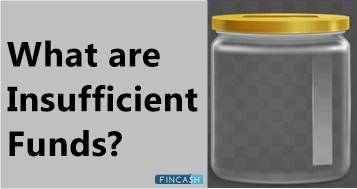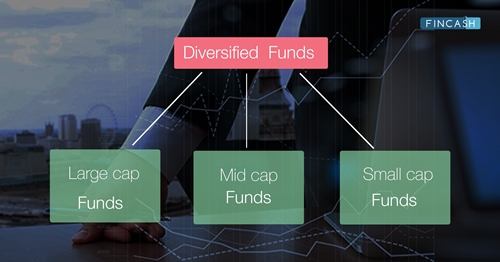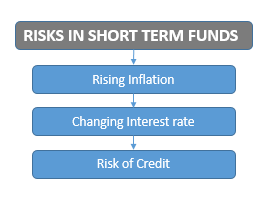
Table of Contents
What are Insufficient Funds?
Insufficient Funds (ISF) refers to the status of the Bank account that lacks sufficient funds to cover transactions. It is a term used in banking that appears on account statements and receipts when you try to withdraw more money than your account allows. Insufficient money may result in an ISF penalty, which, if not rectified promptly, may lead to legal issues, including criminal action.

For example, X drafts a cheque to Y worth INR 20,000, but there is only INR 15,000 in X's bank account. When Y attempts to deposit the cheque, X's bank refuses to transfer the money and will send a notice to X for insufficient funds. This cheque is often referred to as a bounced cheque. X can request the bank to process the transaction in the inadequate funds' condition, known as an overdraft, which usually costs money.
Insufficient Funds Penalty
Banks commonly impose ISF penalties when a cheque is submitted and returned due to lack of funds; when processing payments from accounts with inadequate balances, a similar type of fee is charged, known as an Overdraft (OD) which is often confused with ISF. The fees that many banks charge for returned cheques are a point of conflict for both consumers and banking firms. Consumer groups claim that as fees are typically fixed, users are effectively paying high-interest rates for minor account deficits.
Insufficient Funds Fees Vs. Overdraft Fees
- Banks impose fines when there is a cash shortage due to ISF or an OD.
- ISF fees are charged when a cheque is returned unpaid, while OD fees are charged when a bank accepts the cheques that overdraw the checking amounts. When banks return presented cheques, they charge ISF fees, and when they accept cheques that overdraw checking accounts, they incur OD fees.
Suppose you have INR 1 lakh in your bank account and have issued a cheque of INR 1.2 lakhs. If you haven't signed up for your bank's OD protection plan, your transaction will be rejected. Thus, the bank will charge the ISF fee as the account doesn't have sufficient funds.
The transaction could have been accepted if you had opted for the bank's OD plan and the bank had charged an OD fee. If the bank agrees with the cheque and pays the money, your checking account balance will drop to negative (-) INR 20,000, triggering OD fees. In either case, your bank account balance diminishes.
Talk to our investment specialist
How to Avoid Penalties from Banks?
The tips below can assist you in avoiding the penalty connected with an insufficient funds’ transaction.
- Backup accounts, such as savings or credit, might be linked as an alternative source of funds.
- Even if you expect a financial inflow, never write a cheque or make a payment for more than your current balance.
- Keep a watch out for Debit Card transactions and automated payments that result in ODs and ISFs.
- You can link your multiple bank accounts to have enough cash flow to support your withdrawals.
- To avoid the ISF penalty, you can opt for OD protection.
- You can also activate low-balance alerts for your bank account, which will send you an alert when the amount is below a specified level.
- Filling out a credit application with a bank and getting the OD line of credit helps solve the ISF issues.
Additional Information
Banks often charge an ISF fee because it makes them money, and it has emerged as one of the bank's most successful revenue sources. ISF fees are legal for bounced cheques but not for debit card or ATM transactions. Some banks will waive off the ISF fee if it is your first time receiving one or if you haven't been charged one in years. Your Credit Score is affected by a bounced cheque even if the ISF charge isn't directly involved. The bank deducts the ISF fee automatically and has the legal right to seize funds in other accounts or pursue other repayment methods.
Conclusion
ISF and the costs that result from them are an unavoidable part of the financial world. ISF penalties are still legitimate, despite growing public uproar and challenges. It is possible to prevent ISF penalties by keeping an eye on account balances and enrolling in OD protection.
All efforts have been made to ensure the information provided here is accurate. However, no guarantees are made regarding correctness of data. Please verify with scheme information document before making any investment.











